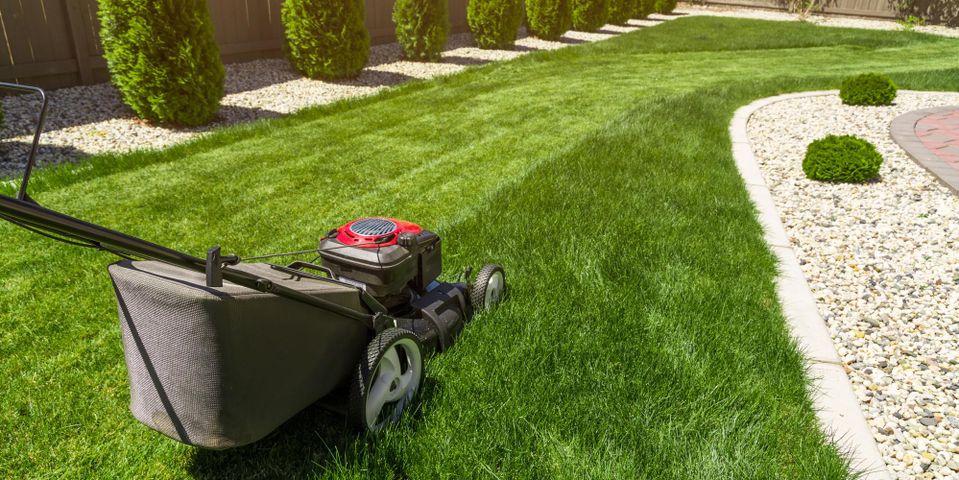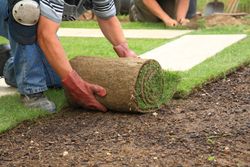
Crafting the perfect yard requires dedication. Between routine mowing and seasonal fertilizing, lawn maintenance can be challenging, especially when problems like mysterious brown spots pop up. While issues like poor irrigation or pet urine could be the cause, unwanted pests might be damaging your beautiful grass. Here are a few common insects that might be preventing a flawless lawn.
Harmful Lawn Pests
1. Aphids
When the grass looks pale or yellow, keep an eye out for aphids. Small and soft-bodied, these tiny insects are pear-shaped and vary in color depending on the species. They can be light green, yellow, white, black, gray, brown, or pink.
They damage plants by sucking the nutrients out and leaving them pale and stunted. If you don’t see any critters, these problems could be caused by poor lawn maintenance practices like underwatering, excess nitrogen, or compacted soil.
2. White Grubs
 If you have large, dried patches of grass, the problem may be underneath the surface. White grubs may be feeding on the roots.
If you have large, dried patches of grass, the problem may be underneath the surface. White grubs may be feeding on the roots.
These soft-bodied creatures are creamy in color and resemble thick, curled up worms, with short legs near their head. They can range in size between a dime and a quarter.
To check if they’re present, cut up a square foot of grass and peel the top layer off. If there are more than 10 of these insects in that section, you’ll probably need an aggressive pest treatment or a completely new layer of sod.
3. Japanese Beetles
Unlike white grubs, Japanese beetles are visible on the surface. A type of scarab, they’re about half an inch in length. They have iridescent copper wings, as well as a green head and thorax. Japanese beetles are notorious chewers; they will eat through your grass and the other plants on the landscape.
If pests are leaving brown spots and dead plants on your lawn, Metro Sod & Seeding will bring your property back to life. Since 1994, this lawn maintenance company has been trusted by residents and businesses throughout Lincoln, NE, and the surrounding areas. Whether you need to adjust your watering schedule or have an insecticide applied, they will help. Learn about their lawn care services online, or call (402) 730-4421 for more information.
About the Business
Have a question? Ask the experts!
Send your question

